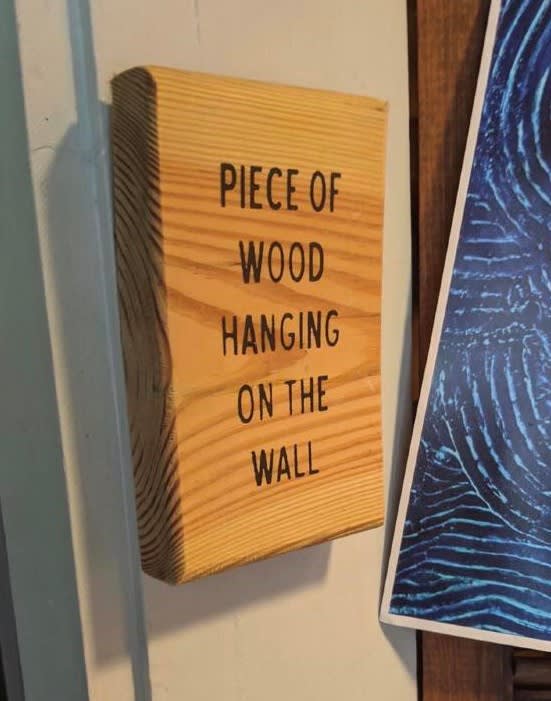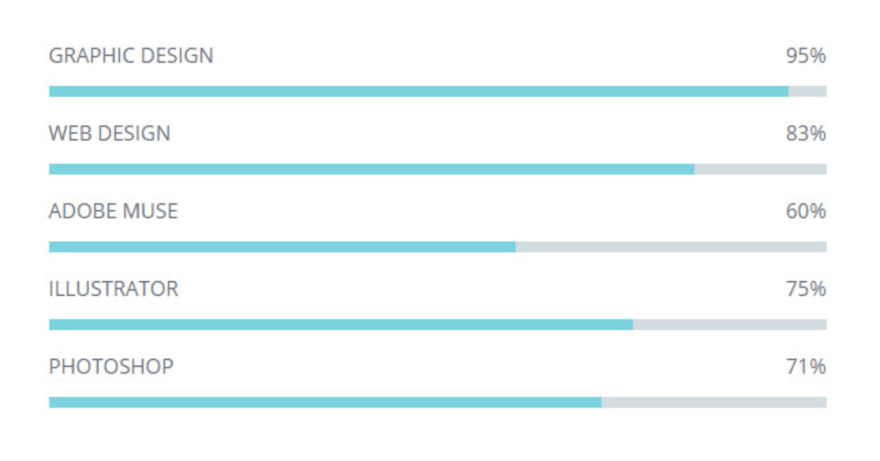You might have a lot of great skills in your CV that make you the most suitable person for a job. But your CV might be simply ignored because of some small - but effective things.
In this blog, I have gathered some issues that would ruin your CV.
How can I reach you?
OK, an employer has read your resume, you are suitable for the job. Congratulation!
But there is one problem, you do not have any contact details. How can the employer reach you? Contact details must be at the top of your CV, after your name. At least you email and phone number.
Some people also include their address; this was standard practice when mail was the way to communicate. But still, it's ok if you want to include it.
Too much personal details.
Unless you are applying for a job that requires some certain personal requirements, don’t include your nationality, gender, age or even your picture.
Hey, this is a CV!
When you send PDF documents with your cover letter to an employer, it’s obvious that it’s a CV. Also from the layout and style, they should tell that this document is your CV. So you don’t have to title it (CV) or (Curriculum Vitae).
It’s just unnecessary, takes extra space, and makes your resume looks unprofessional.
Which one is your CV?
Employers receive hundreds of CVs for each job. If you call your CV something like (My CV), how are they supposed to distinguish it from other CVs without opening it?
Best Practice file name would be something like (JohnSmithCV) or (John_Smith_CV). You can also include the year you last updated the CV in case someone read it in the future (John_Smith_CV_2020).
SPAG
Spelling, punctuation and grammar. I mean we all make typos but double-check your CV before submitting a job application.
It’s complicated, keep it simple
Research that’s done by theladders.com shows that recruiters spend an average of 7.4 seconds to read a CV. The time you spent reading this article might be 10x the time an employer spends reading a CV.
Because of that, you need to make your CV very clear and simple, follows consistent standard layout, use good visual hierarchy. Don’t try to show your creativity on a CV. Perhaps make an online portfolio (aka personal website) which is a creative version of your CV. But only send the CV in your job application.
That doesn’t mean that your CV should look ugly, it still needs to look good (but in a formal and basic way)
Hobbies and Interests
Employers are interested in your personality just like they are in your skills. Don’t make this section too generic (like “I like to hang with friends” or “I like to play football”). Make it something distinct and related to your job rule.
Here are my skills, I am not certain about them
You should show employers that you have confidence in your skills and what you are capable of.
I have seen a lot of developers and designers who include a skill bar and put something like 20% for a basic necessary skill in their field like HTML and 80% for more advanced skills like CSS.
This tells the employer that you have no confidence in your skills. Moreover, skills scales don’t work in percentages.
Also, bars take a lot of space on the CV which can be used for other things.
You can check this another blog on dev.to to know more about why you shouldn’t include progress bars on your CV:
Don’t use progress bars in your CV – Zoran Zlokapa
Thanks for reading, hope that helped you.
Please suggest some issues that you think would ruin any CV in the discussion section below.
References








Top comments (3)
My last interview:
Interviewer: So why are you applying to work here?
Me: To be blunt, I didn't know anything about you until a recruiter called me. It's time in my career to be moving on from where I am now.
Interviewer: OK, so if you're moving on now, where do you see yourself in 5 years?
Me: Keep me interested, engaged, and happy, and I'll be here. If things start to stagnate, I'll be somewhere else. Long term, emigration is on the cards for me & my partner.
Apparently, they appreciated the honesty, and made an above market average offer (which I accepted).
Although I don’t think having a section of hobbies and interests is a worthwhile use of space; if you do include this section, don’t have risky activities like skydiving or racing motorcycles. That can look like someone who might also take too much risk in the job as well.
I had some course on how to make a CV in university, and most of what you said was in this course, still an excellent post.